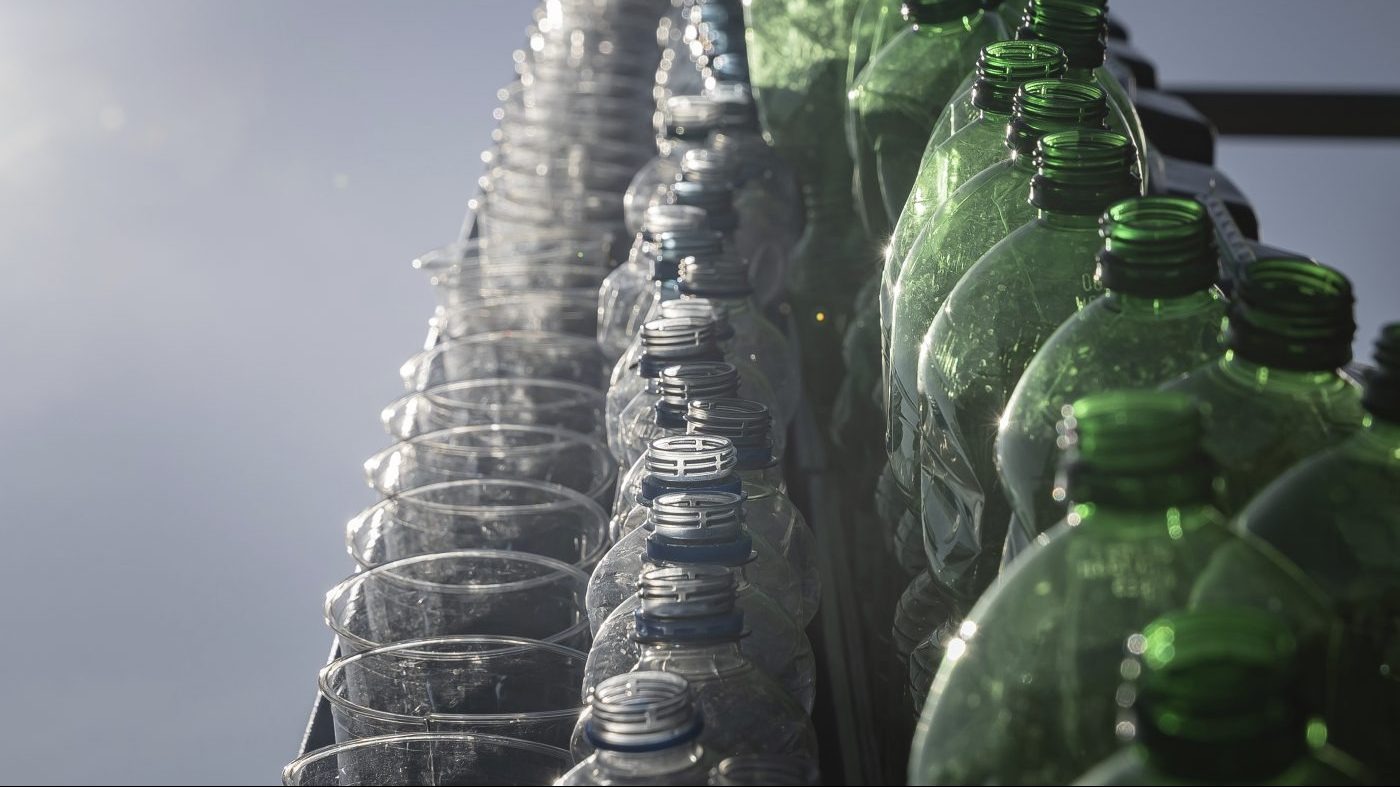A recent report from the federal government sheds light on the contribution of the plastics industry to the planet’s warming. Researchers from the Lawrence Berkeley National Lab reveal that the emissions from the plastics industry are approximately four times higher than those from the airline industry.
These emissions, equivalent to those of around 600 coal plants—three times the current number in the U.S.—pose a substantial threat to the environment.
If the production of plastics continues at its current pace, it could consume nearly a fifth of the Earth’s remaining carbon budget by 2050. This alarming projection underscores the urgent need for action to address the role of plastic in climate change.
Lawrence Berkeley National Lab (Credits: Momentum)
As stakeholders prepare to convene in Ottawa for the fourth meeting of the International Negotiating Committee (INC-4), which aims to establish a binding treaty to mitigate plastics pollution, stark divisions are expected to emerge.
Conversations Have Mainly Centered on the Hazards of Plastics to Human Health and the Environment
Environmental groups and many countries from the Global South advocate for limits on plastic production, citing its detrimental impact on public health and the environment. The plastics industry insists that stricter recycling regulations can effectively eliminate plastic pollution.
While discussions have primarily focused on plastics’ dangers to the human body and environment, the report emphasizes the overlooked aspect of plastics’ contribution to climate change.
Despite commitments from some plastics companies to achieve net-zero carbon emissions by mid-century, the current production process relies heavily on fossil fuels, exacerbating greenhouse gas emissions.
At the upcoming conference, a key point of contention will likely be whether to prioritize making specific steps in the plastics production process more environmentally friendly or reducing total production.
Plastics industry (Credits: Inc. Magazine)
The study highlights that a remarkable portion of greenhouse gas emissions associated with plastics originates from upstream processes, such as petroleum extraction and refining.
The report identifies four plastic polymers—high-density polyethylene, polypropylene, polyethylene terephthalate, and polyvinyl chloride—as major contributors to plastics emissions.
While the plastics industry advocates for improving the environmental sustainability of the production process, environmental campaigners argue for a reduction in plastic production to address the root cause of the issue.
As global leaders grapple with the plastic crisis, there is a pressing need for collective action to curb the growth of the plastics industry and mitigate its adverse environmental impact. A comprehensive global agreement is essential to usher in a future with less plastic and pollution, safeguarding the health of both the planet and its inhabitants.
